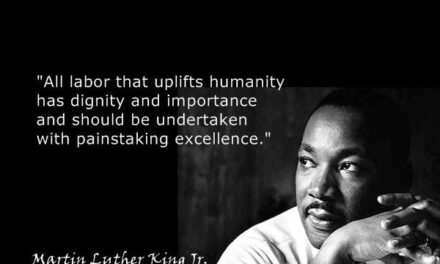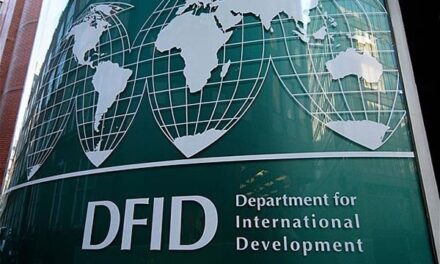On the 1st of May at ODI a roundtable was organised by ODI and The Education and Development Forum (UKFIET). Thirty specialists from ODI, DFID, the research community, UNESCO and civil society organisations debated whether emerging post 2015 frameworks, as these relate to education, can be defined as being fit for purpose. Attention was given to the work of the EFA Steering Committee; the UN’s Open Working Group; the High Level Panel of Eminent Persons on the Post 2015 Development Agenda and the Sustainable Development Solutions Network’s Indicators for Sustainable Development Goals.
The first part of the meeting focused on goal and target proposals in emerging frameworks. Gina Bergh (ODI) provided an overview of post 2015 negotiations, Pauline Rose (University of Cambridge) and Angela Little offered a critique of the proposals. In part two the focus was how to get better political traction on new education goals. Robin Alexander (Universities of Cambridge and York) urged much greater attention to clarity of meaning when defining indicators of quality in teaching and learning; Ed Barnett provided a donor perspective from DFID; Leni Wild spoke to the political dynamics in driving access and quality; and Paula Lucci described an ODI project mapping national targets and goals.
Some of the key issues identified as requiring further attention included:
- The process by which the framing of the Sustainable Development Goals will be completed remains opaque.
- The relationship between the central UN process and that coordinated by UNESCO in support of EFA is unclear.
- Much greater precision and definition is required in the drafting of an education goal(s), and associated targets and indicators.
- It is hard to disagree with overarching goal statements when they are so general and all encompassing.
- Is the formulation of a global education goal statement with injunctions to individual countries to develop national and sub-national targets and indicators workable?
- There is a danger that both an oversimplification and a reduction of the meaning and purpose of education results from an overly narrow focus on literacy and numeracy.
- There remains insufficient attention to the critical processes of teaching and learning relative to focusing on inputs and outputs in the provision of education services.
- Which is better; for education to be represented by a standalone goal, emphasising its priority, or should it be integrated within a much more joined up and holistic vision of development?
- How do we harness the incentives politicians have to catalyse the next stage of progress? There should be space for a governance oriented target/indicator.
Please click the download link to review the resources used during the discussion. All rights are reserved by the respective authors. UKFIET thanks them for their efforts and sharing these resources.





